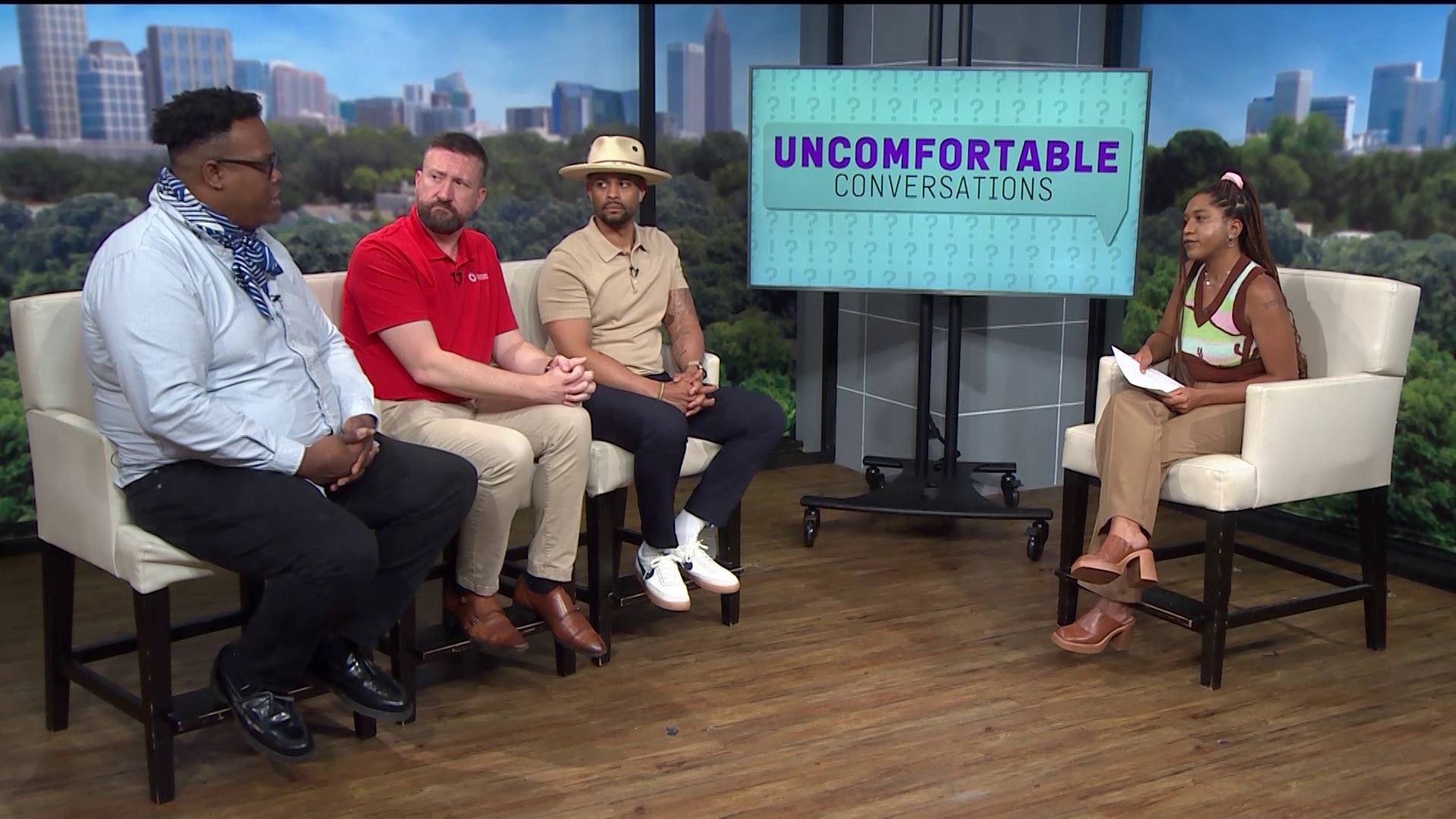ATLANTA — Water is a common fear, especially in Black and brown communities, but it's nearly inevitable, and according to the CDC, drowning is the third leading cause of unintentional death.
Spencer Stelljes from the American Red Cross joined father and community advocate Alfred "Shivy" Brooks and historian and photographer Chip Moody to discuss how the community can eradicate this fear and tackle that statistic.
"Between the ages of 1 and 4, water safety, and the lack of water safety, leads to that age group being the highest chance of drowning victims within the United States," Stelljes explained.
According to the YMCA, 64% of Black/African-American children cannot swim. The rate of Black/African-American children drowning is three times higher than white children."
And it's not just young children.
Studies show more than half of adults never had a swim lesson, and the majority of Black kids never had a lesson at all.
"There are many culture reasons and we're seeing the outcomes of not having equal opportunity," Brooks said.
He alluded to water access in Atlanta. One that Moody explored in some of his recent work.
RELATED: Racial disparity in swimming skills
Moody describes swimming as a "primary issue."
"In the same way we view walking as being one of those first things a child necessarily has to learn. Swimming is right up there," he explained, which inspired his work to document Atlanta's now integrated public pools.
There were 12 segregated pools in Atlanta: nine white pools and three Black pools. On June 12, 1963, public pools in Atlanta were desegregated, but it would take a generation before communities would feel welcome to utilize either. Moody, documenting their use, said it's encouraging to see that they're still functional and mostly in use.
Atlanta now has around 15 public pools, and Brooks said it's up to the community to encourage their use.
The City of Atlanta offers swim lessons at several of its recreational centers, giving anyone the opportunity to develop this life skill.
Watch the full conversation here:

